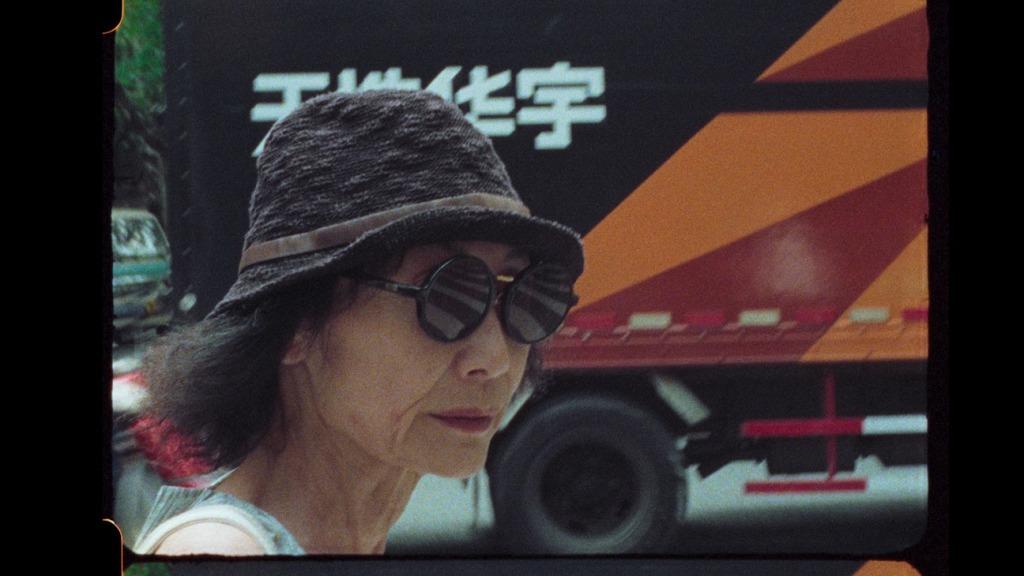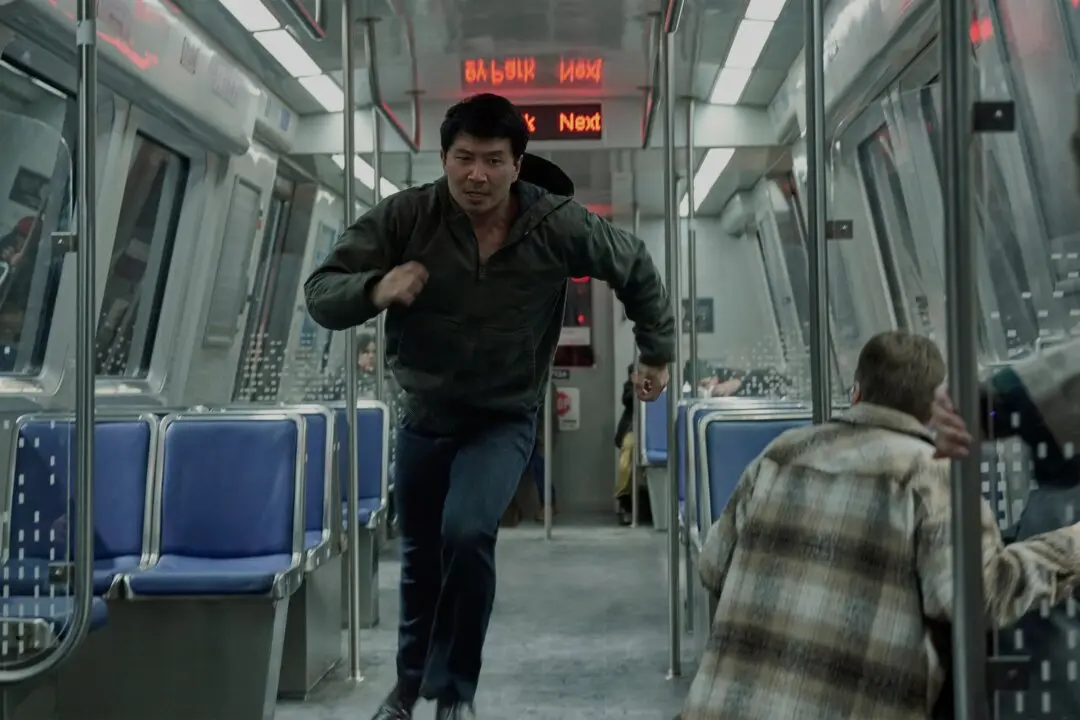“The Exiles” is all about unfinished business. In 1989, documentarian Christine Choy started filming the exiled Chinese student leaders who were trying to continue their movement in America, shortly after the Tiananmen Square massacre.
Since she had not been there in the square, she did not feel a close connection to her subjects, so when she ran out of money, she simply dropped the project. She also assumed that the world would force the communist government to come to some sort of understanding with the student protesters.





